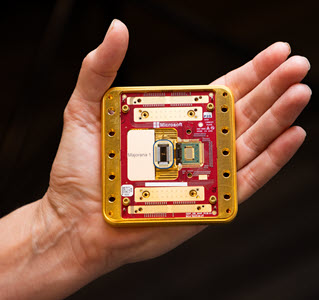Sunglasses with integrated AI features can be disguised as regular sunglasses with ease using modern technology. Furthermore, these glasses are now being made readily available to consumers. These sunglasses have speakers built into the temple of the sunglasses which talk directly into the user’s ear. Concurrently, the glasses can see exactly what the user sees, with the built-in camera on the device. While effective, these glasses bring rise to several ethical concerns.
AI sunglasses are worn by a user and can similarly interpret things to the user. Because of this, the user can ask the sunglasses questions about how to do things. The accessibility of these glasses makes the user susceptible to entirely relying on the AI to make decisions for them, as they become used to turning to their AI to be a consultant for things that they should be thinking through on their own.
Also, because of the minimalistic design and easy concealability, users can collect data on unsuspecting passersby extremely easily. Two people could be walking up to each other to shake each other’s hands, one of them wearing AI glasses, and one of them not, and the person with the AI glasses could be recording the whole interaction, and have a video of the other person without that person ever knowing. These glasses have the potential to violate surrounding peoples’ privacy.
On the other end of the spectrum, these glasses have incredible potential to be a beneficial tool for users and surrounders alike. The ability to interact with the real world, while having a piece of technology as easily accessible and fast as sunglasses with essentially all of the information in the world is a feat that shows the rapidly evolving state of technology in the modern age. If used correctly and respectfully, these glasses could become a norm, similar to how phones have become, but with faster and easier access to answers.















